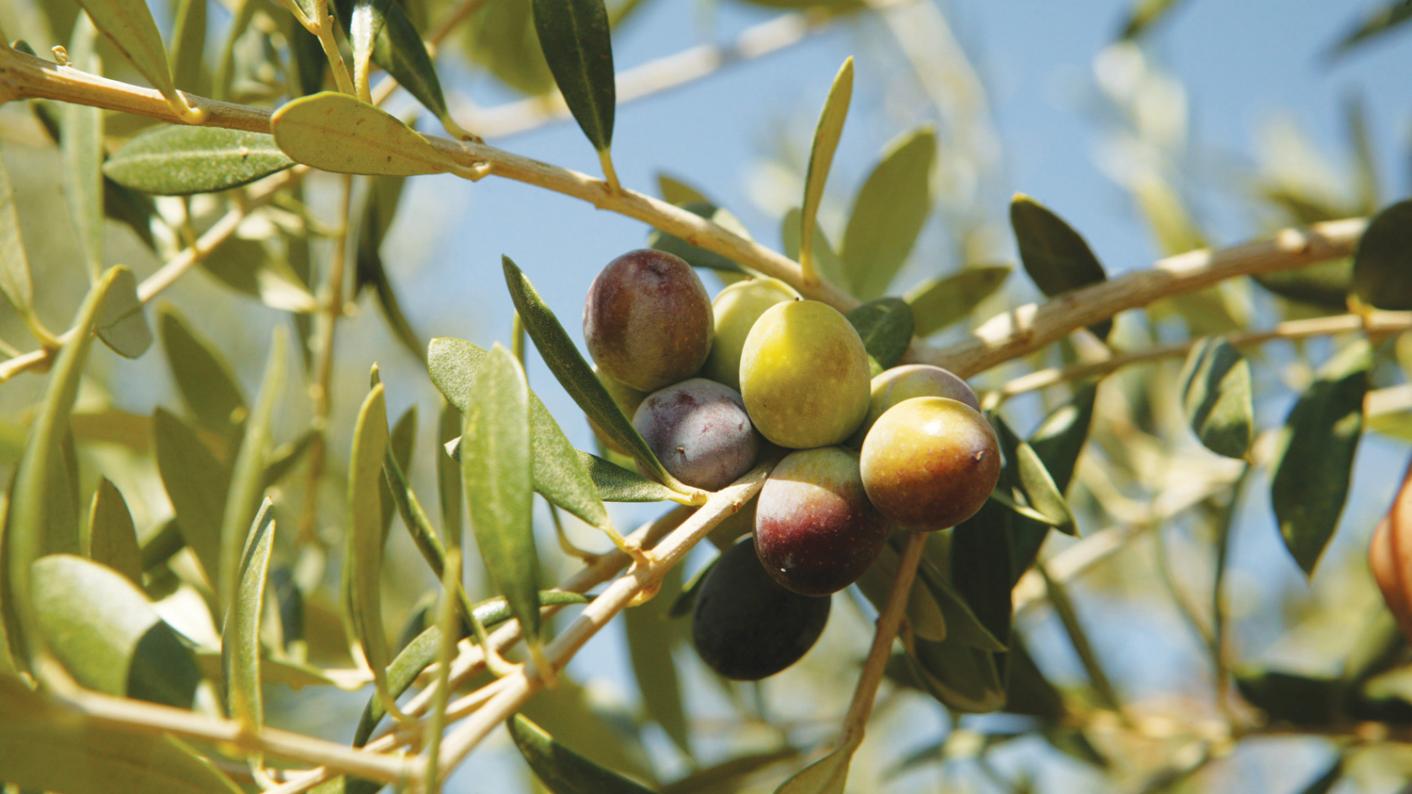I wake up at 6.45am and walk to my international school in a suburban village of Madrid. On my way, I pass olive groves and a palatial home with tennis courts.
Several teachers walk with me and I try to keep pace, lugging my briefcase and, usually, a backpack full of corrected papers. After 11 years at the school, I have come to accept the mountains of essay papers that have to be marked using elaborate rubrics – nothing as easy as marking an answer correct or incorrect.
In the school cafeteria, the Russian-Armenian breakfast staff talk in different languages to me and to my colleagues from Holland, Scotland, France and Greece. They make exotic breakfast cakes and excellent coffee, and with the students and their mothers in tracksuits also queuing for lattes, we could just as well be in the middle of London or Los Angeles.
Learn more:
- Find teacher jobs in Spain
- Tips for teaching abroad
- How to choose the right overseas school
- Find out about our international PGCE course
It looks like the most privileged community in Madrid. But beneath this veneer of privilege, there is a lot going on with all our families – whether they are local or extranjero. Transition is the main issue and my job is to make this as smooth as possible, as families wind their way around the world, staying three years here then moving on, sometimes when children are in the middle of their International Baccalaureate programme.
My school is part of a group of 43 Nord Anglia Education schools from the US, Europe, the Middle East, South East Asia and China, which means we not only have 60 nationalities inside the school but are connected to others across the globe.
Social learning environment
I am Iranian but have lived outside of Iran for the past 39 years. My husband’s career brought us here from London and, prior to that, Los Angeles, with a two-year-old and a three-month-old baby. I started volunteering for the local Spanish concertado school that my children attended. The environment was oriented towards social learning. Children were encouraged to read, write and be creative. Music is not part of the curriculum in Spanish schools and languages have only recently begun to be taught by native speakers.
I had previously worked as an engineer for 12 years, but when a woman from the International College Spain, impressed by my engineering background, offered me a job as a science teacher, I keenly accepted.
I registered for the Spanish teaching degree known as Certificado de Aptitude Pedagogica. I worked hard studying Spanish textbooks while teaching part-time and raising my family. The International College upgraded me to full-time and gave me a range of classes teaching middle school and the International Baccalaureate.
I teach science – mainly physics – which can be quite challenging, as children are not naturally curious about physics at this age. But once they engage with the experiments and debates, they tend to enjoy themselves.
The school is a very academic environment, where students learn languages from an early age and are taught to be inquirers. The strong tradition of mini-United Nations meetings and trips, and an open-ended learning experience, helps students become lifelong, culturally-aware learners.
This piece first appeared in Tes magazine on 7 October 2016
Want to keep up with the latest career advice? Follow Tes Jobs on Twitter and like Tes Jobs on Facebook
